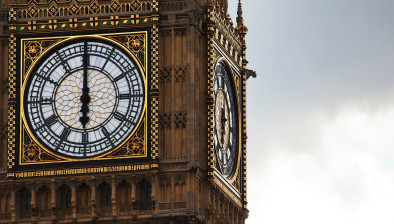UK: Call for changes to Human Rights Act interpretation to protect people during arrest and detention

Richard Edwards
Major changes to the way courts interpret the Human Rights Act are necessary so the legislation does more to protect people detained because of the expansion of police powers, a new study says.
The right to liberty and security is enshrined in article 5 of the act and was intended to refer to arrest or incarceration. But the way judges are interpreting the act is not keeping pace with modern policing, the research warns.
The study, published in the Liverpool Law Review, says the way article 5 is used by the courts during cases about police powers can be inappropriate. Judges have viewed police powers to be outwith the control of article 5, and it would apply when people are arrested and detained.
The study recommends courts use article 5 depending on how much coercion is used by police, so it applies to situations outside of arrest or detention. This would allow the courts to better protect both human rights and the rule of law.
The research, by Richard Edwards from the University of Exeter Law School, says it is wrong the right to liberty does not apply to prison, secure hospitals and arrests, and in situations involving custody and arrest, a new test for the deprivation of liberty under article 5 should be adopted.
Mr Edwards said: “Police today have more powers which can consciously and unconsciously lead to discrimination and interfere with people’s right to freedom. Coronavirus has meant an even greater extension to police powers and the alternations of our freedoms, making change even more important. We need a need public order policing exception and for courts to revisit their interpretation of article 5.
“Since the drafting of the convention the nature of policing has changed considerably and with it the powers granted by the state to police officers. Stop and search powers barely existed in 1950 but are now a ubiquitous, if somewhat controversial, part of modern policing. Responses to terrorism have also significantly augmented police powers.
“The police enjoy open-ended, low visibility, permissive discretionary powers that are unfortunately at times used in a discriminatory manner. International human rights legislation is meant to be a living instrument, but the current approach of the courts to the interpretation of article 5 fails to take account of present day conditions and needs to be reconsidered.”
The study says the Canadian system of using coercion as part of the country’s Charter of Rights and Freedoms could help provide lessons for any reforms. A coercion-based interpretation would better represent the purpose behind the article 5 guarantee because, as well as dealing with deprivation of liberty, it captures the psychological control of individuals by the police often considered by courts to fall outside article 5.








